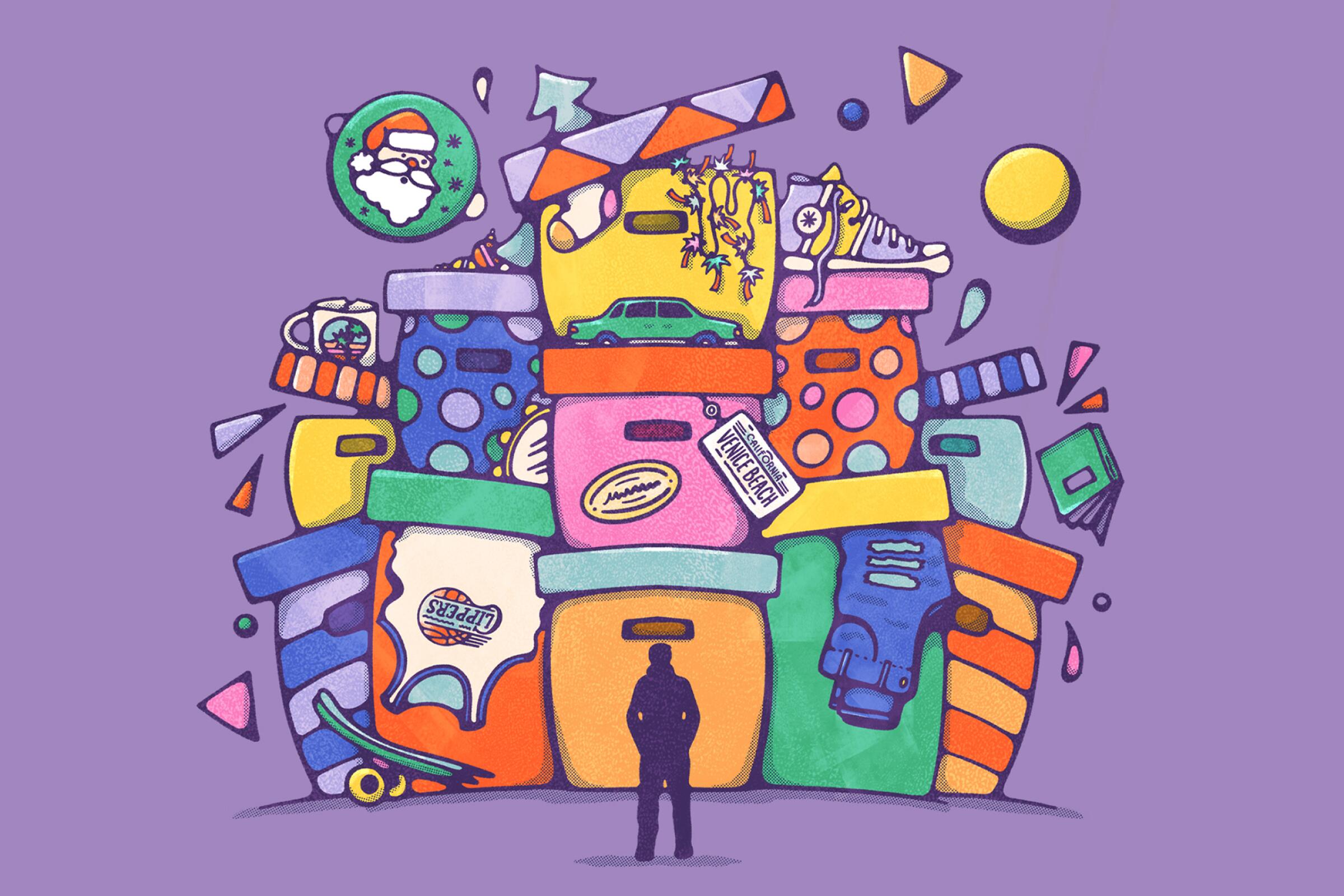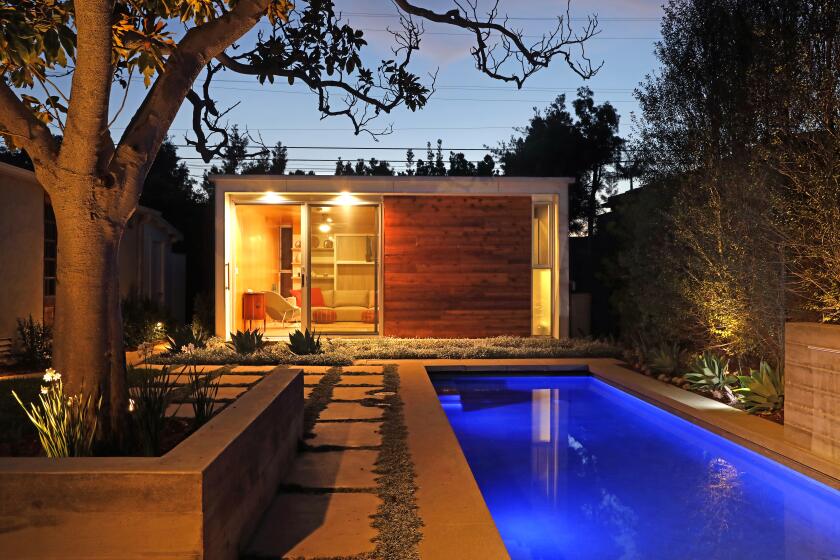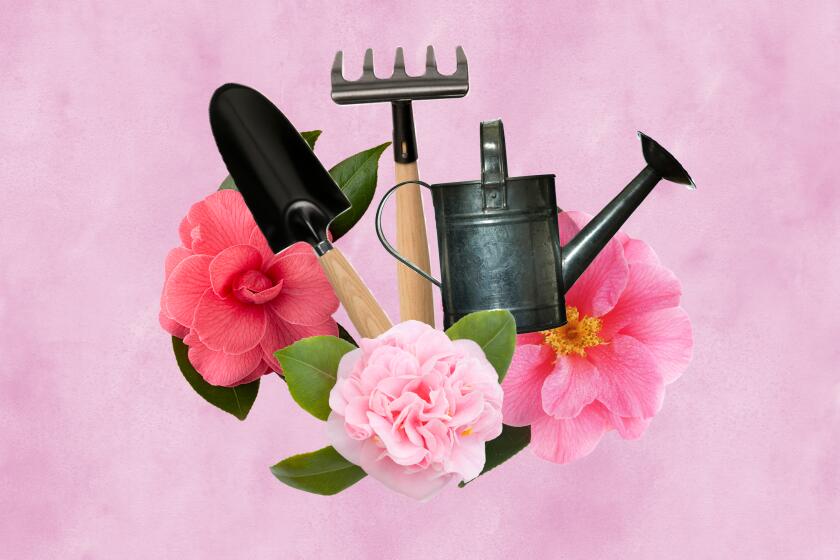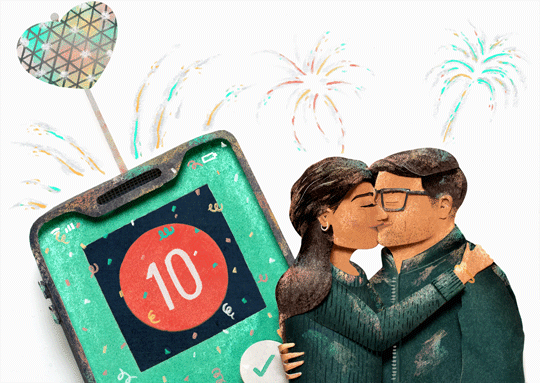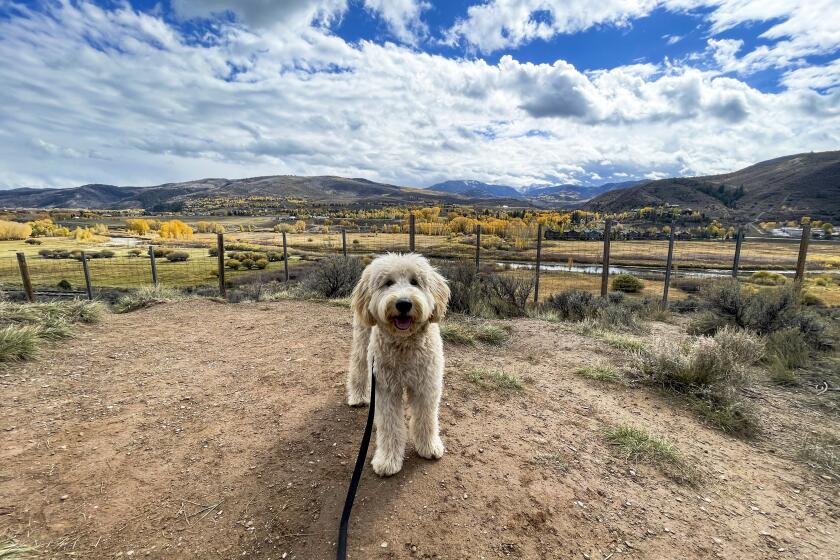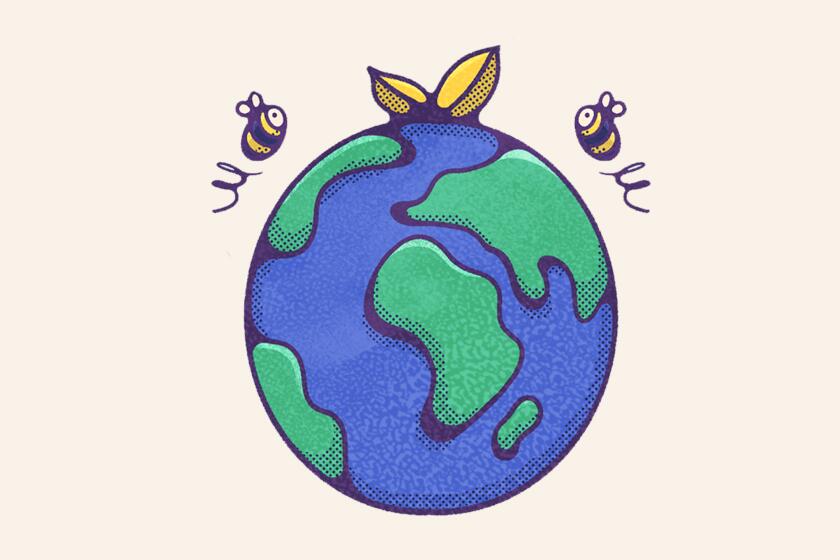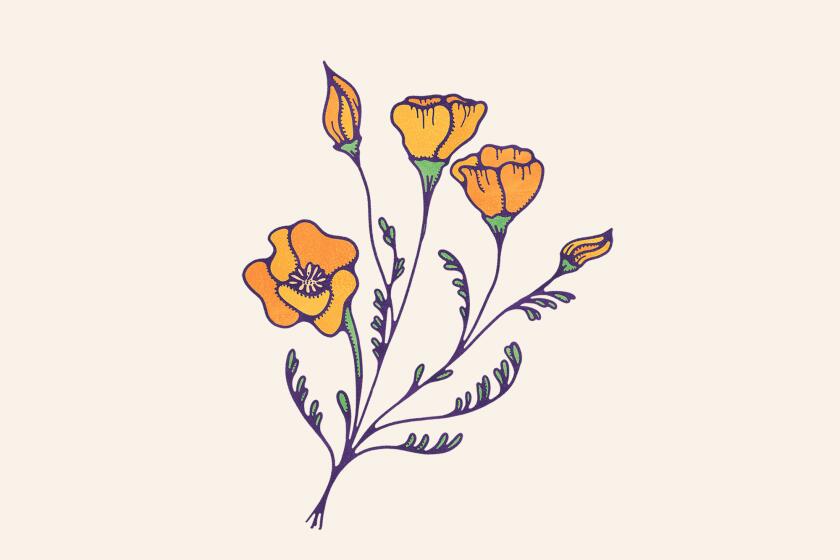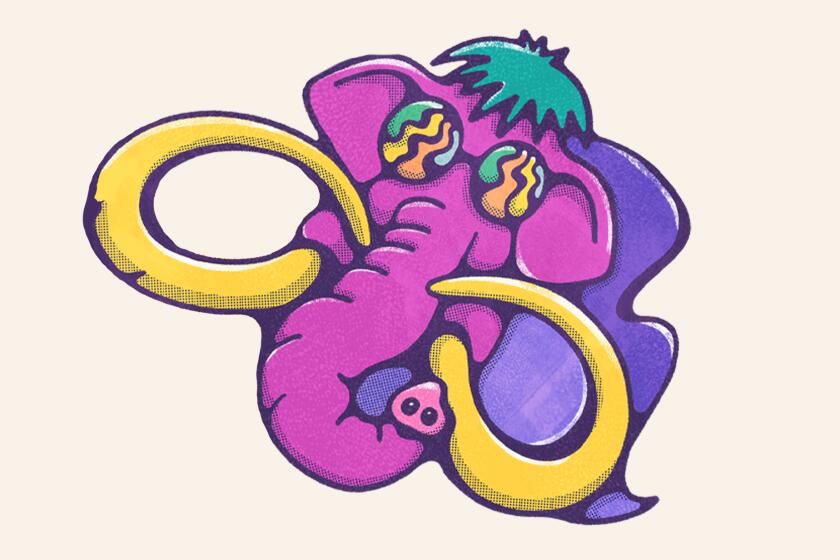L.A. is the promised land of reinvention, right? However, it’s pretty tough to find your best self when it’s buried under all the possessions from your past — like all the cooking wares you bought a decade ago because you were going to open a catering business and the piles of fitness gear from when you were going through your personal trainer phase, plus the sketchbooks, fabric and idle sewing machines from when you wanted to be a fashion designer.
That’s why the first step to a new you is getting rid of the old. Not everything, of course; history and sentiment count for something, even among Angelenos, but a relic reminder from our past is way different — and far more meaningful — than the boxes of who-knows-what we haven’t opened in years, clogging our hallways and costly storage units because we just can’t throw them away.
So if we’re out to make 2022 the year of reinvention, it’s time to strategize about decluttering our homes, our closets and, yes, our rides. You know what I’m talking about. Most Angelenos spend hours driving every day. Our vehicles are a huge part of our identity. Now answer this: When is the last time you saw the floor in the back seat of your car? Do you carry groceries home in your passenger seat because there’s no room in your trunk?
It might be excusable if your trunk was full of emergency rations for the Big One earthquake, but if you’re like me, your trunk is probably full of stuff you never found the time (or place) to put away: boxes from the office, clothes you’ve been meaning to return, gifts you never wanted or jackets you forgot you owned. Cleaning out the car might improve your day-to-day life, if only by reducing your embarrassment, so why is it so hard to start?
Because many of us haven’t considered how getting rid of things can improve our lives, including reducing our stress levels, says Joshua Becker, founder of the Becoming Minimalist movement. “We live in a society that constantly tells us, ‘More is better.’ So we fall into this trap of believing if we have more stuff, our lives will be better. We don’t change until we have a lightbulb moment and something strikes us about how our lives could actually improve — how we’d have more energy, time, focus and less stress — if we had less stuff.”
Becker’s epiphany moment came after he spent an entire Saturday afternoon cleaning his garage while his young son played in the backyard alone. “I realized all the things I owned were not making me happy, but even worse, they were taking me away from the things I loved most,” he says.
Along with opening space for a reinvention, decluttering can also be a way to create bonds with other Angelenos, including those neighbors next door or down the hall you still don’t know. That’s the guiding principle behind the Buy Nothing Project, which started in Bainbridge Island, Wash., in 2013. Liesl Clark and her friend Rebecca Rockefeller started a Facebook page with the idea of reducing the amount of waste in our lives by sharing items within your community — a “hyperlocal gift economy,” Clark says.
“We posted it as a question to our friends and neighbors,” she says. “We called it ‘Buy Nothing Bainbridge,’ and we said, ‘Before you go to the store to buy that item, consider just asking for it here, among your trusted neighbors. For instance, if you’re going to buy Legos for your kids, see if anyone has some they want to give up because they’re done using them,’ and lo and behold, people just started giving things over and over again.”
The idea was to build relationships within a community while recycling items no longer needed. The goal is to create communities of people who live within one to six miles of each other — the greater distances for areas with less density.
“It’s hugely helpful for people trying to downsize,” Clark says. “We have a lot of people in the simplicity movement who are taking stock and getting a handle on their lives, and certainly this time of year, we see a huge uptick in the amount of items being offered.”
Are you inspired and ready to take the plunge? Here are 11 tips from Becker and the Buy Nothing gang to help spur you toward less clutter and more time for the things that matter.
